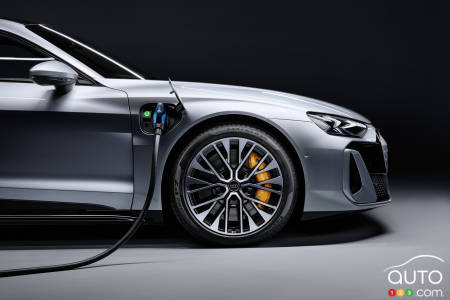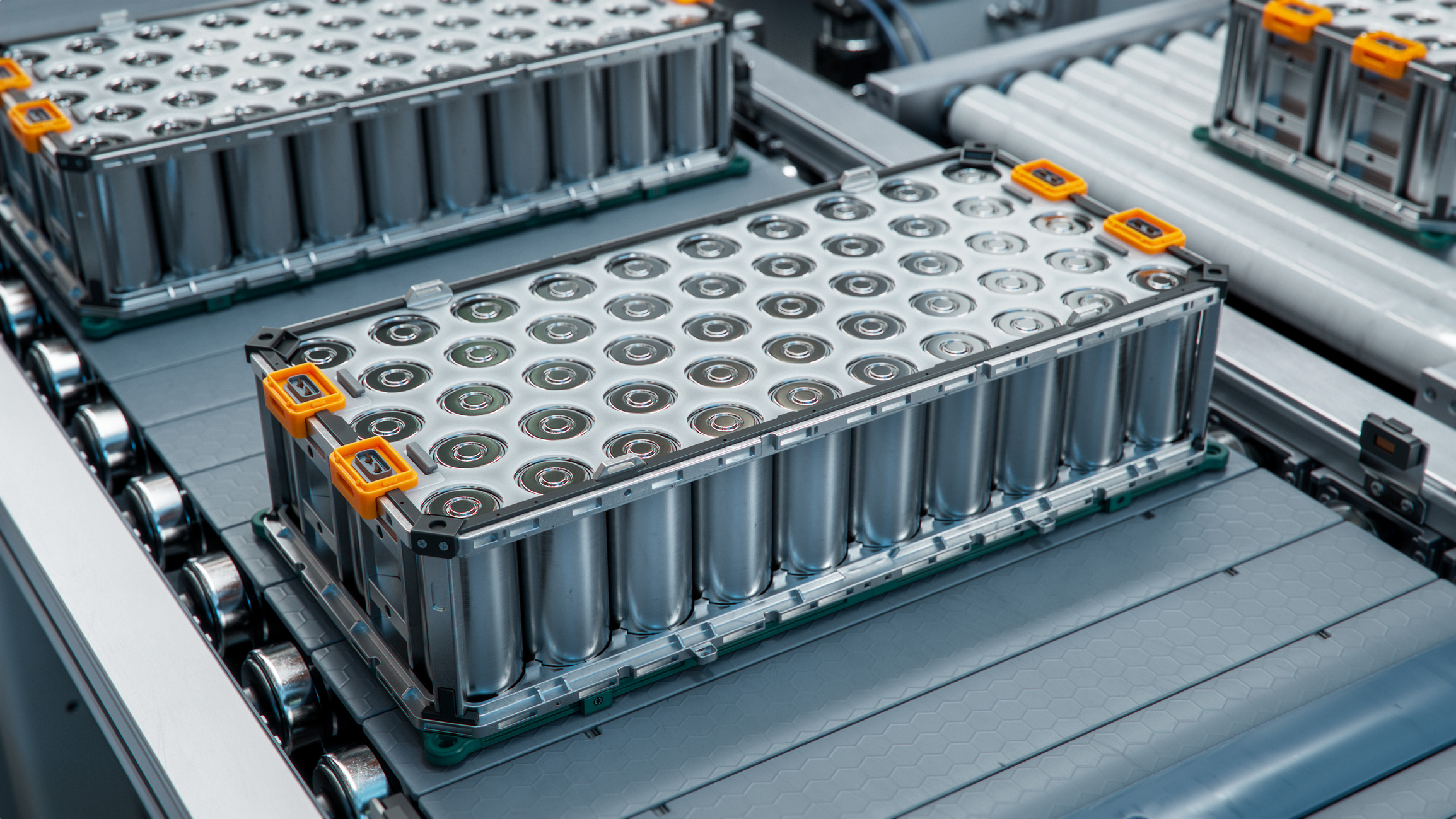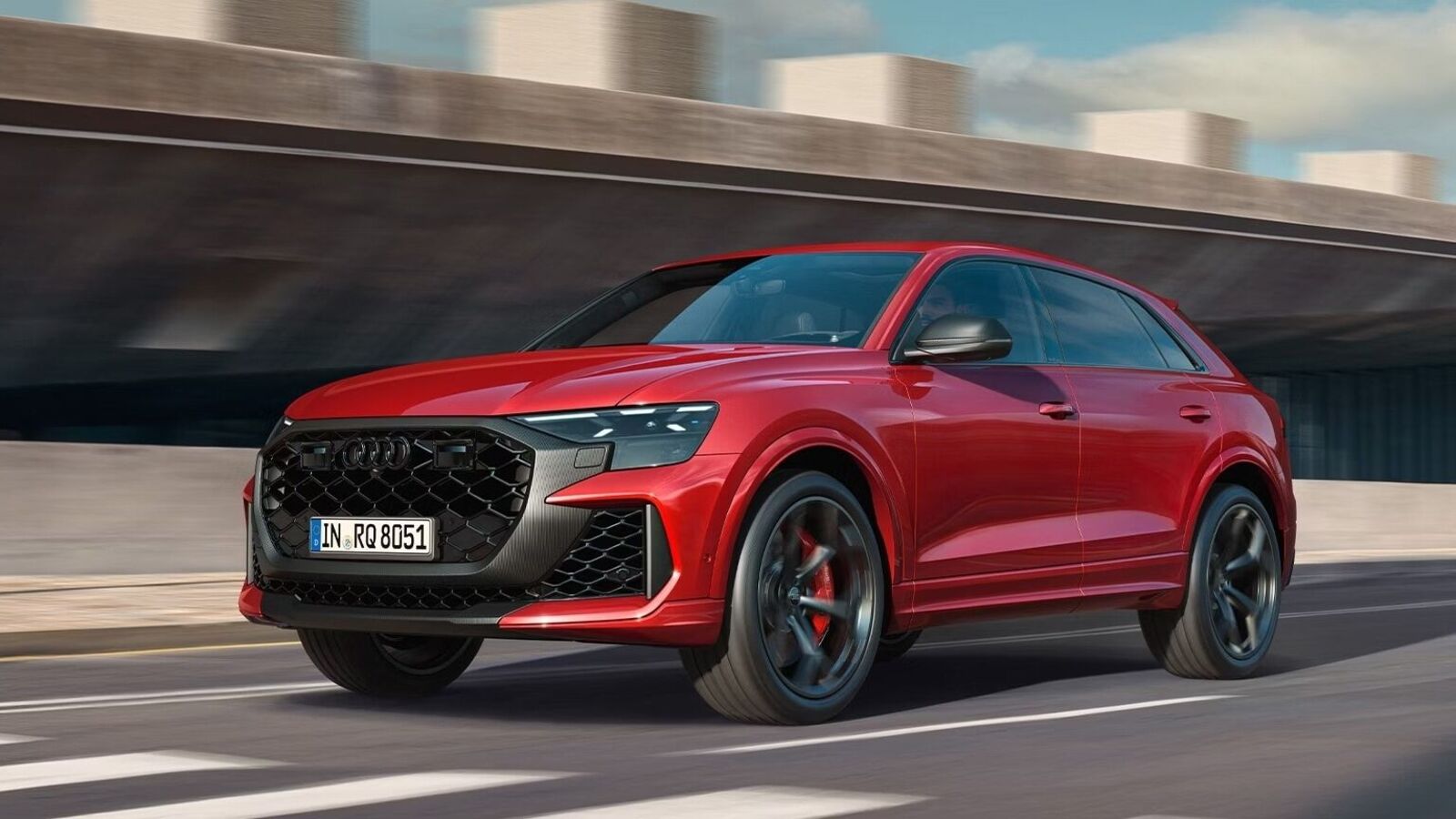Volkswagen, Audi to prolong use of gas engines in Europe | Car News | Auto123
Volkswagen and Audi are considering extending the production of internal combustion engine models due to stagnating growth in sales in electric car sales. Porsche and Bentley are also postponing their electrification targets.
European regulations on zero emissions by 2035 could also leave room for synthetic fuels.
Falling electric car sales prompt VW to review its plans
Volkswagen and Audi are reconsidering their timetable for completing the transition to electric vehicles in Europe. According to a German business media outlet, the brands are planning to extend the life of their ICE models in response to stagnating EV sales.
In 2024, Volkswagen's electric car sales fell by 2.7 percent, while Audi’s fell even more sharply, by 7.8 percent. Overall, the Volkswagen Group saw a 3.4-percent drop in deliveries of zero-emission vehicles. Faced with this weaker-than-projected demand, Volkswagen and Audi are considering investing in upgrades to their internal combustion models, rather than switching entirely to electric in the immediate future.

The 2025 Audi RS e-tron GT | Photo: Audi
Volkswagen originally aimed for a 100-percent electric range in Europe by 2033, while Audi had set itself the same target worldwide. However, Audi CEO Gernot Döllner recently stated that the brand remains “flexible” on this deadline. For his part, Kai Grünitz, head of technical development at Volkswagen, suggested that the Golf Mk8 could remain on the market until the mid-2030s, even after the arrival of the electric Golf Mk9.
A final decision on investment in combustion engines is expected in early March. If Volkswagen and Audi change their strategy, this could also affect the Skoda, SEAT and Cupra brands, which are part of the same automotive group.
The 2024 Porsche Taycan 4S Cross Turismo | Photo: D.Boshouwers
Porsche and Bentley also review their electric targets
Other Volkswagen Group brands are already adjusting their electrification plans in line with market conditions.
Porsche has seen sales of its Taycan plummet by 49 percent in 2024, prompting it to reassess its strategy. The German brand is now planning to introduce combustion engines in certain models that were originally intended to be 100-percent electric.
Bentley has also pushed back its electric ambitions: the brand's first EV model has been shifted from 2025 to 2026, and its goal of becoming an all-electric brand has been pushed back from 2030 to 2035.
Lamborghini has delayed the release of its first electric vehicle, the Lanzador, from 2028 to 2029. The next-generation Urus SUV will indeed be electric, but the brand will continue to produce combustion-powered models such as the V12 Revuelto and V8 Temerario until the early 2030s.
Bugatti Rimac, controlled by Rimac Group and Porsche, will not introduce an electric model until 2030. The electrification of the Chiron's replacement, originally planned under Volkswagen, was abandoned after the change of management.
Uncertainty surrounding European regulations
The 2035 ban on combustion engines in the European Union does not mean the total disappearance of those powertrains. The regulations impose zero net emissions, which leaves the door open to synthetic fuels and hydrogen. However, the mass adoption of those alternatives is still uncertain.
According to the European Automobile Manufacturers Association (ACEA), the market share of electric vehicles fell by 1 percent in 2024, to 13.6 percent in the EU. If demand continues to slow, manufacturers are likely to press for a relaxation of the rules, as has been the case in other parts of the world.
The near-term future of electrification in Europe thus looks more uncertain than ever, as several leading brands opt to extend the life of their combustion engines to meet still hesitant demand.











